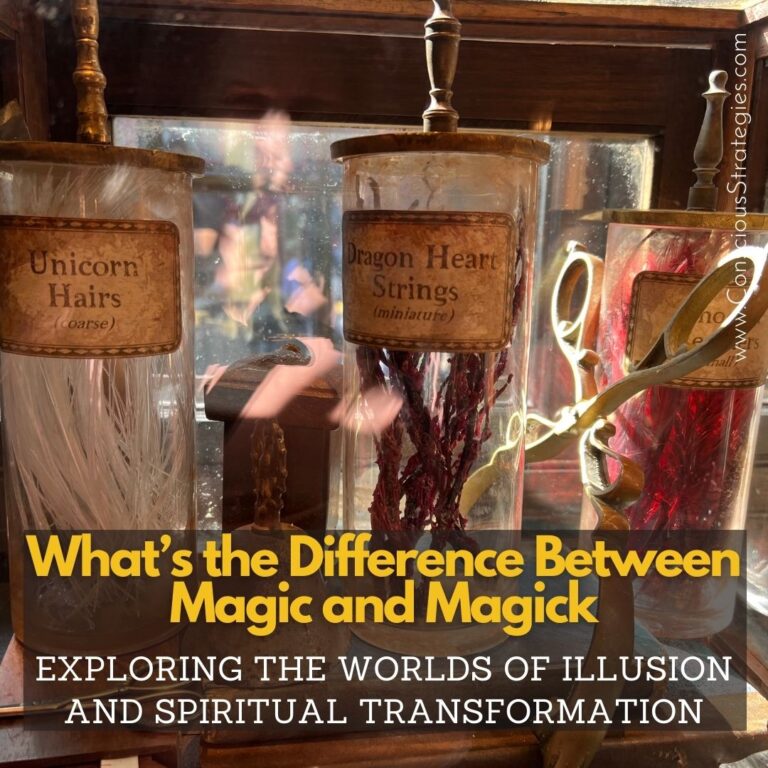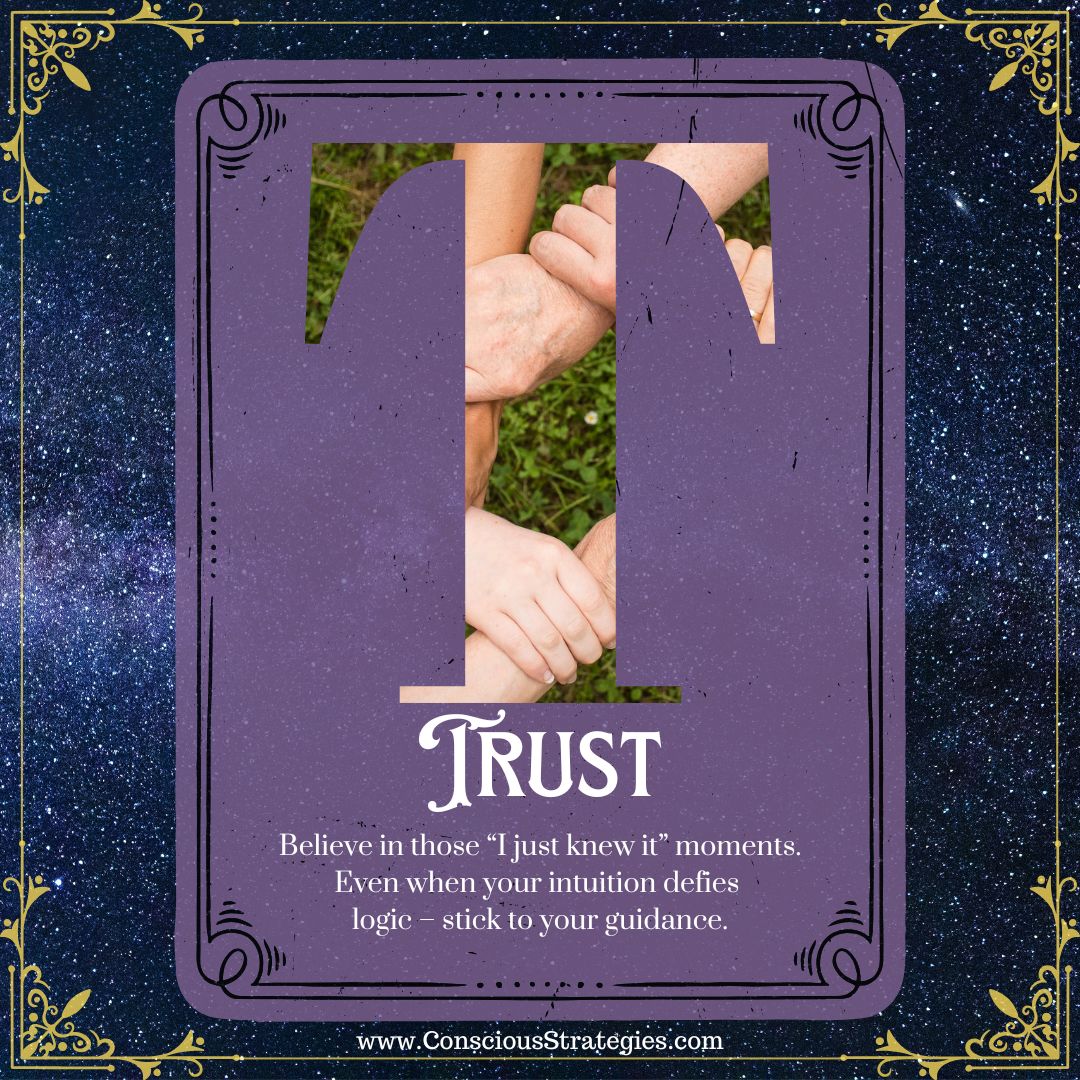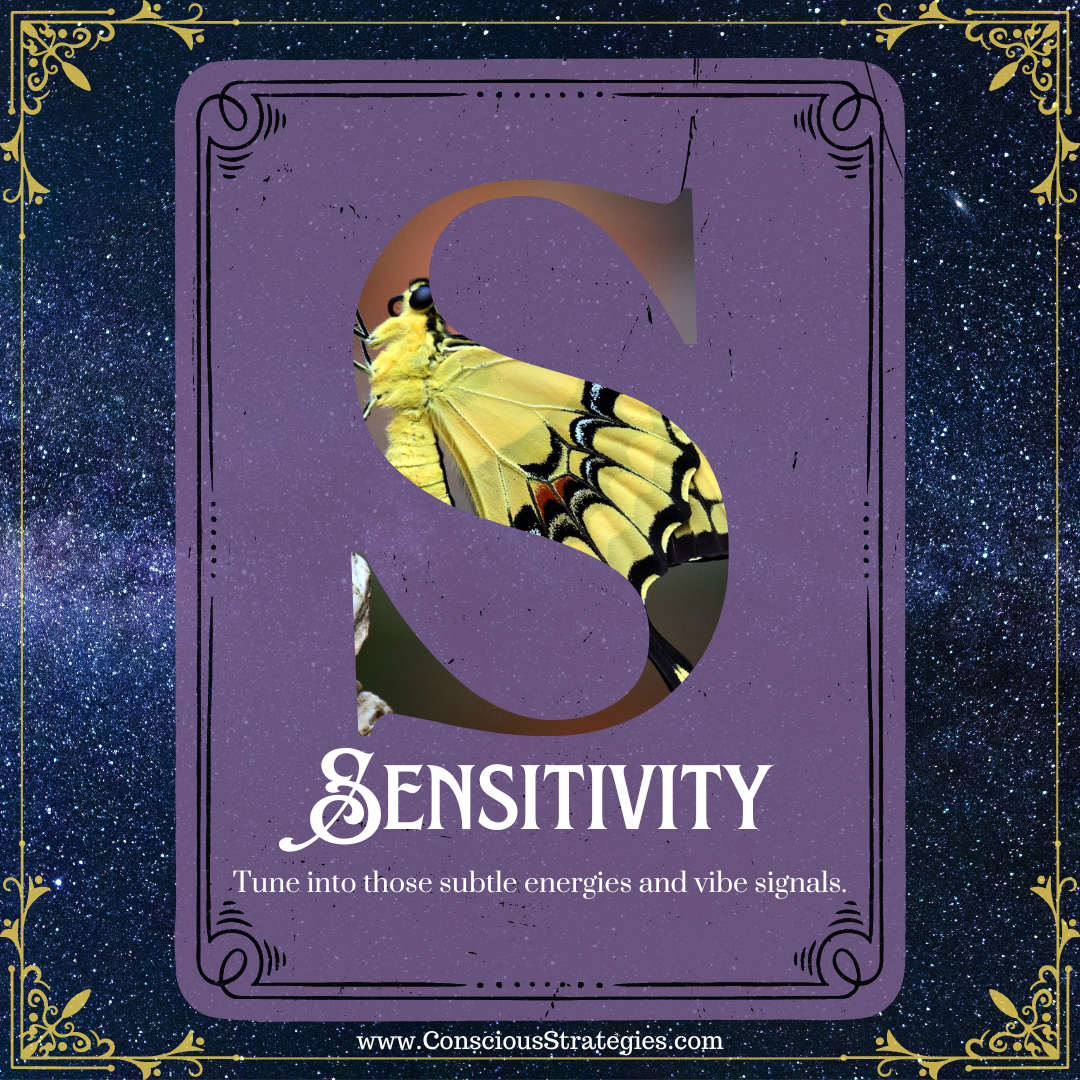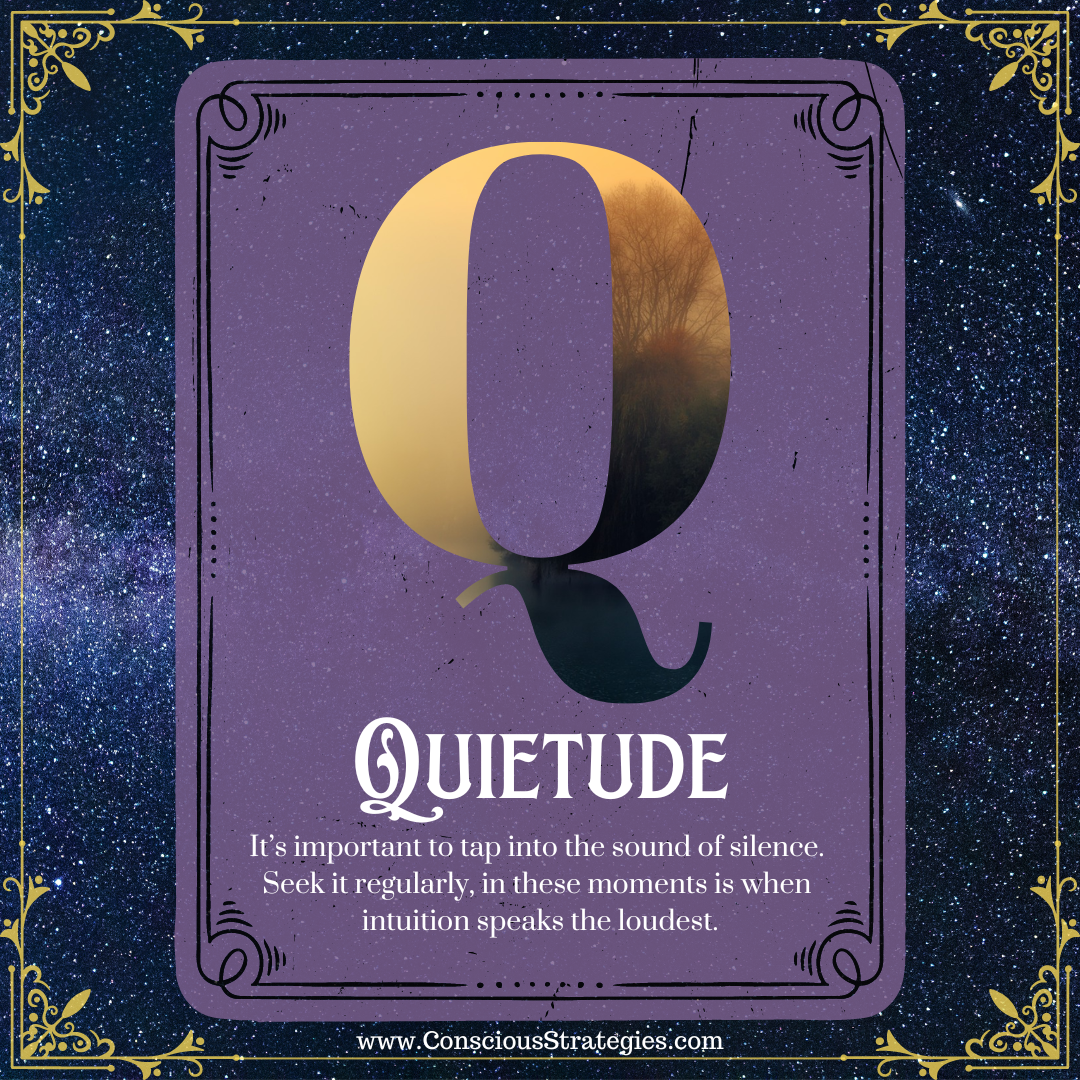The terms “magic” and “magick” are often used interchangeably, but there is a subtle difference between the two.
“Magic” refers to the practice of using supernatural means to achieve a desired outcome. This can include sleight of hand tricks, illusions, and other forms of stage magic, as well as more mystical practices such as divination, spell-casting, and summoning. In this sense, “magic” is often associated with entertainment, trickery, and superstition.
“Magick,” on the other hand, is a term that was popularized by the British occultist Aleister Crowley in the early 20th century. He used the term to distinguish his own approach to spiritual practice from more traditional forms of magic. For Crowley, “magick” was a means of personal transformation and spiritual evolution, rather than a way to manipulate external circumstances or forces. He spelled the word with a “k” at the end to differentiate it from stage magic and other forms of illusion.
So, “magick” is often associated with spiritual practices that aim to access higher states of consciousness, connect with divine or supernatural forces, and achieve personal growth and transformation. This can include practices such as meditation, ritual, and ceremonies, as well as the use of symbols, sigils, talismans, and other tools to aid in the manifestation of your intentions.
While the distinction between “magic” and “magick” can be a matter of semantics, it highlights the different approaches and intentions that can be associated with these practices. Whether one is drawn to the theatricality of stage magic or the transformative potential of divine magick, both offer unique opportunities to explore the mysteries of the universe and unlock the hidden potentials within us.






